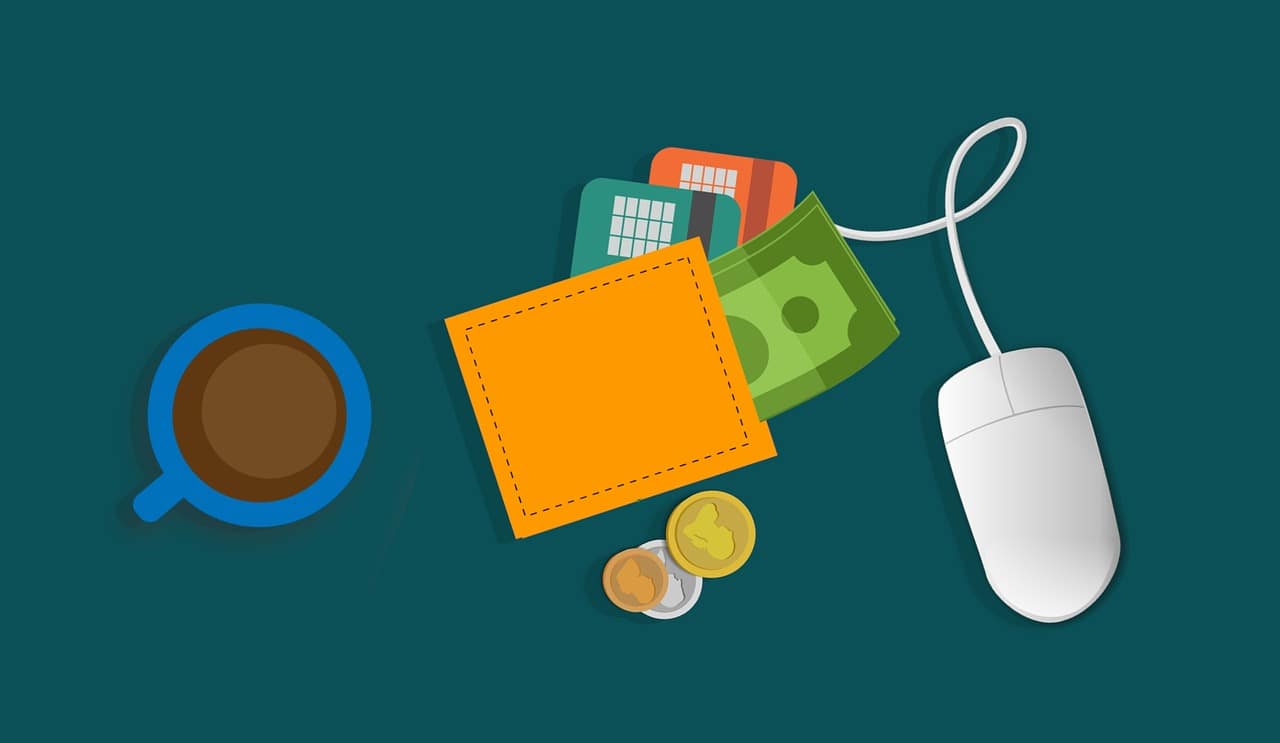Identity verification is critical to ensure that someone is who they claim to be when applying for a loan, opening a bank account, or for any other financial process. Identity verification is essential in combating fraud related to identity theft. It also plays a crucial role in anti-cash laundering (AML) and Know Your Customer (KYC) efforts at financial establishments, thus monitoring consumer risk.
Digital wallets have been used for more than a decade now. A digital wallet enables consumers to transact without cash, cheque, or cards. The users can store their payment information on a smart device and go cashless without worrying. Since the worldwide pandemic in 2019, the popularity of online banking and digital wallets has increased immensely.
Ease of use and fast banking services via digital wallets have also resulted in more and more organizations investing in digital wallets. Users can easily link their identification documents, like driver’s license, Social Security number, and others to their smartphones. It safeguards their personal information and enables them to use their digital wallets in a hassle-free manner anytime and anywhere.
Identity Verification and Digital Wallets
While Digital wallets provide first-rate advantages to each side – customers and businesses — it also has a few challenges. Digital wallets face risks related to theft, hacks, etc. Companies that need to scale their operations through digital wallets use KYC processes to ensure safety.
To meet the KYC requirements, you may need to perform identity verification. The company au10tix.com provides the digital identity verification software that enables digital wallet providers, banking & security institutions, and government agencies to carry out online identification verification to comply with the regulations related to KYC, AML & GDPR.
Why Leverage Digital Identity Verification in Digital Wallets?
Digital identity verification solutions offer numerous benefits, especially security, for digital wallets. By mitigating such risks, authentication solutions can ensure the success of a digital wallet, making it a must-have security solution.
Robust Security
The digital identity verification software adds several layers of authentication via the multi-factor authentication (MFA) feature to increase the security of your digital wallet.
MFA refers to the process where the user has to provide more than one authentication to access something. You might have experienced this while accessing your financial information via your bank’s application. It usually asks you to enter your standard password and a one-time password (OTP) to log in. The MFA compliance prevents unauthorized users from accessing your secure files.
It also uses modern-day technologies like Artificial Intelligence (AI), deep learning, biometrics, etc., for enhancing verification efficiency. With deep learning, the solution can scan through images and documents of a person for verification. It will then match the results with biometrics data to ensure optimal security.
Diminishes the Risks Associated With Human Verification Measures
The conventional strategies for verifying a person’s identity depend upon human verification measures that evaluate a person’s photo on government-issued identification, whether online or offline.
These measures are extensively used for identification even now. However, unauthorized experts such as hackers can skip such verification measures by altering the details of such documents. A human cannot analyze all such data simultaneously, leading to security gaps.
A digital verification solution leverages AI and biometrics to overcome the issues posed by human authentication. By scanning the documents using deep learning technology, a verification solution can diminish all such risks and identify fake documents in real-time.
Improves Customer Experience
Customer experience is only improved when provided with the best available security. Secure digital identity verification software enhances the user experience via OTP (one-time-password) option, multi-factor authentication, risk-based authentication, etc.
Consumers share private information when they use digital wallets, making them vulnerable. When digital wallets are secured with digital identity verification measures, they become more secure and user-friendly. It also ensures that the customers will continuously use digital wallets to profit from the digital wallet provider.
Mitigating Risk in Digital Wallets
Different forms of fraud have risen because of the increased use of digital wallets. Digital crimes such as Synthetic fraud have made it hard to verify people’s identities, and the risk associated with a person’s account or transaction has risen significantly.
The increased usage of digital wallets has led to fraudsters exploiting gaps in account/card possession authentication, stolen identification records, and account hacks, increasing the individual and organizational risk.
Such risks have led to the development of technologies that can help in mitigating frauds related to virtual wallets. Stronger regulations related to KYC and AML, AI-powered inspection, and transaction monitoring are fraud prevention measures.
Conclusion
Digital identity verification assists in safeguarding the consumer’s personal information and protecting it from being used for unethical measures.
Businesses and Individual users must use reliable digital identity verification software to safeguard themselves from cybercrimes. The software must preserve the user’s private information and offer a robust authentication mechanism to increase user satisfaction when using digital wallets.


